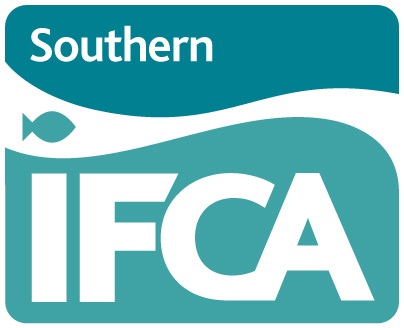Compliance & Enforcement
Objectives
To achieve optimal compliance with fisheries regulations that underpins the sustainable utilisation of our fisheries in the Southern District by:
- Encouraging fishers to voluntarily comply with fisheries laws and;
- Ensuring that there is an effective deterrent against non-compliance.
How do we achieve these objectives?
Maximising voluntary compliance
The greatest way to ensure voluntary compliance is to increase the knowledge and understanding of the rules. The Authority does this by:
- Providing education and advice through brochures, signage, land and sea-based patrols, school and fishing club visits
- Involving stakeholders in development of management for fisheries
- Involving stakeholders in compliance planning
- Lowering compliance costs
- Assessment of voluntary compliance
Getting more stakeholders involved in the development of fisheries management and delivery of services allows greater understanding, acceptance and compliance with the rules. It also ensures those rules are appropriate to that fishery.
Through our local management and funding structures, the Authority helps to put local authorities, local communities, local businesses and individual citizens in the driving seat, allowing them to play a bigger part in the protection, management decisions and enhancement of their marine environment.
Ensuring there is an effective deterrent
The greatest way to ensure there is an effective deterrent is to provide incentives for people to comply with the management. The Authority does this by:
- Developing fishing management that penalise fishers for illegal fishing
- Effective monitoring and surveillance through land and sea-based patrols and targeted operations
- Warning, fining (through Financial Administrative Penalties) and prosecuting offenders
Patrols
Southern IFCA officers conduct both land and sea-based patrols across the district. Southern IFCA operates three patrol vessels across the District, each designed with different features to suit the area they are located in. Patrols on board these vessels may take place at any time of day or night, and are used to observe fishing activity, engage with industry, carry out boarding inspections and to target reported illegal activity. On shore, Officers conduct land patrols to engage with industry, carry out inspections, observe activity at sea and in ports, visiting a number of locations across the district including commercial premises, recreational angling hotspots, piers, ports, beaches and quaysides.
Operational standards
Southern IFCA operates using a risk-based, intelligence-led approach, following a number of operational standards, to establish appropriate compliance and enforcement procedures and therefore effective fisheries management across the Southern IFC district.
Compliance and Enforcement Framework
Compliance and Enforcement Framework
Southern IFCA is committed to achieving fair, effective and proportionate enforcement. The Framework sets out the Authority's approach to compliance and enforcement and details the general principles the Authority will follow and the enforcement actions available. The Compliance and Enforcement Framework assists the development of annual risk-based enforcement plans (the Compliance Risk Register). View the Compliance and Enforcement Framework.
Risk Register
Risk Register
As part of the Government’s approach to Better Regulation, Southern IFCA adopted a risk-based approach to regulation. The Risk Register forms part of the Compliance and Enforcement Framework, providing focus and priorities for Southern IFCA’s compliance and enforcement activities. The Risk Register identifies enforcement priorities in specific areas at different times of the year, allowing operational plans to be adjusted as necessary, in order to make best use of resources and provide the best possible protection for fisheries and the marine environment. View the Compliance Risk Register.
Code of Conduct
Code of Conduct
Southern IFCA has set out a Code which outlines the responsibilities that officers have and the protocols that they should follow when carrying out inspections. The Code of Conduct also details the obligations of those being inspected. View the Code of Conduct for inspections here.
Body-Worn Camera Policy
Body-Worn Camera Policy
Southern Inshore Fisheries and Conservation Officers follow a Body-Worn Camera policy with procedural guidelines for the use of body-worn video cameras in fisheries enforcement. This policy enables officers to comply with the relevant legislation relating to video recording and follow best practice procedures regarding the security and use of data, images and videos. View the Body Worn Camera Policy.
